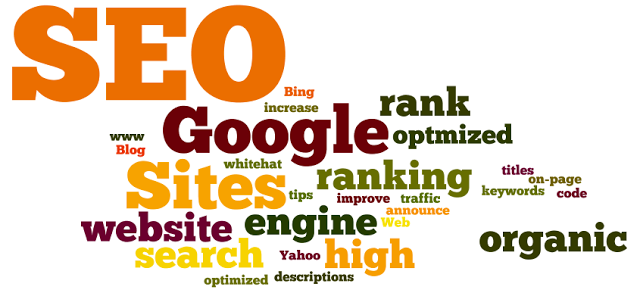 When it comes to having a website or a business online, you can’t always make everyone happy. It’s unfortunate, but true. You could be in business for 10 years and run into people (especially online) that want to say derogatory things against you or your company – even if it’s not true. In the case of things being said about you, it can and probably will hurt your business or even you personally. It might not affect every person that comes into contact with a negative review about you or your business but once in a while you may lose customers because of a bad review or comment about you or your business. This can be a really tough thing to deal with – even if you do have thick skin. Thankfully there is something you can do about it and its called Reputation Management. Wikipedia defines Reputation management as this: Reputation management is the influencing and/or control of an individual’s or business’s reputation. Originally a public relations term, the advancement of internet and social media use, along with reputation management companies, have made it primarily an issue of search results. If you want to know how to manage your reputation online, you must first SEE if there are any negative conversations, comments or reviews about you or your business online. In order to do this, you need to:
When it comes to having a website or a business online, you can’t always make everyone happy. It’s unfortunate, but true. You could be in business for 10 years and run into people (especially online) that want to say derogatory things against you or your company – even if it’s not true. In the case of things being said about you, it can and probably will hurt your business or even you personally. It might not affect every person that comes into contact with a negative review about you or your business but once in a while you may lose customers because of a bad review or comment about you or your business. This can be a really tough thing to deal with – even if you do have thick skin. Thankfully there is something you can do about it and its called Reputation Management. Wikipedia defines Reputation management as this: Reputation management is the influencing and/or control of an individual’s or business’s reputation. Originally a public relations term, the advancement of internet and social media use, along with reputation management companies, have made it primarily an issue of search results. If you want to know how to manage your reputation online, you must first SEE if there are any negative conversations, comments or reviews about you or your business online. In order to do this, you need to:
Search the Search Engines for Your Name
This seems like common sense and yet not enough people do it! Simply visit your favorite search engine, or a handful of different ones, and type in your name, you can even add ” ” to the name to make sure it’s only searching for those specific queries. Look up images, articles, videos, etc. If you don’t find anything, great. You can also set up Google Alerts. Google alerts will contact you with an automated email when you want it to contact you if certain things (new) show up on the search engines. So for example, if your name is Jon White and you want to see if anyone is creating Jon White Scams posts, videos, whatever – Google will contact you and let you know when that search query shows up on Google. It’s not always 100% accurate, but it’s a cool tool to use to keep track of new content on Google that deals with your or at least your name.
Protect Your Identity
Yes, this does happen! A few years ago I knew this young girl, she was a writer that was doing very good for herself. She had a large clientele, she was making good money, she had a nice website created for her by a web designer, etc. Then one day when searching on Google she saw someone else using the same service, the same mission statement, the same prices, everything was the same as her and lo and behold it was her, well not really her, it was someone pretending to be her. Essentially this person was not as good of a writer, but they thought this new person was her, so because of her good reputation the impostor was getting a LOT of sales off of her name! This is pretty horrific as you can imagine. But, it does happen. If you want to prevent someone from doing this to you, check Google often and use Copyscape – copyscape is a place where you can enter in a bit of content, such as an about me, and do a search to see if anyone has copied it to their website. You should also be purchasing your business name or the name you use for your business i.e.; Jon White or NJ Digital Marketing (jonwhite.com / njdigitialmarketing.com) as a domain name. Some people say you should purchase every extension, but I disagree, I think one or two of the most popular domains is fine, especially .com extensions.
Social Sites
As with domain names, some people can create social profiles and pretend to be you. On the other hand, you should really belong to social sites anyway, because it’s a great way to keep in touch with your customers and get new ones. Make sure that when it comes to social sites you pick more than the popular sites like Facebook and Twitter such as YouTube, LinkedIn and Google + and that you fill your profiles out completely. A lot of the sites these days also give you an option to verify yourself and you will have a verified check next to your name so people know that it’s actually you on the profile and not someone else pretending to be you. You don’t have to be 100% active on these social sites, but you should be posting something to twitter and Facebook at least once a week.




